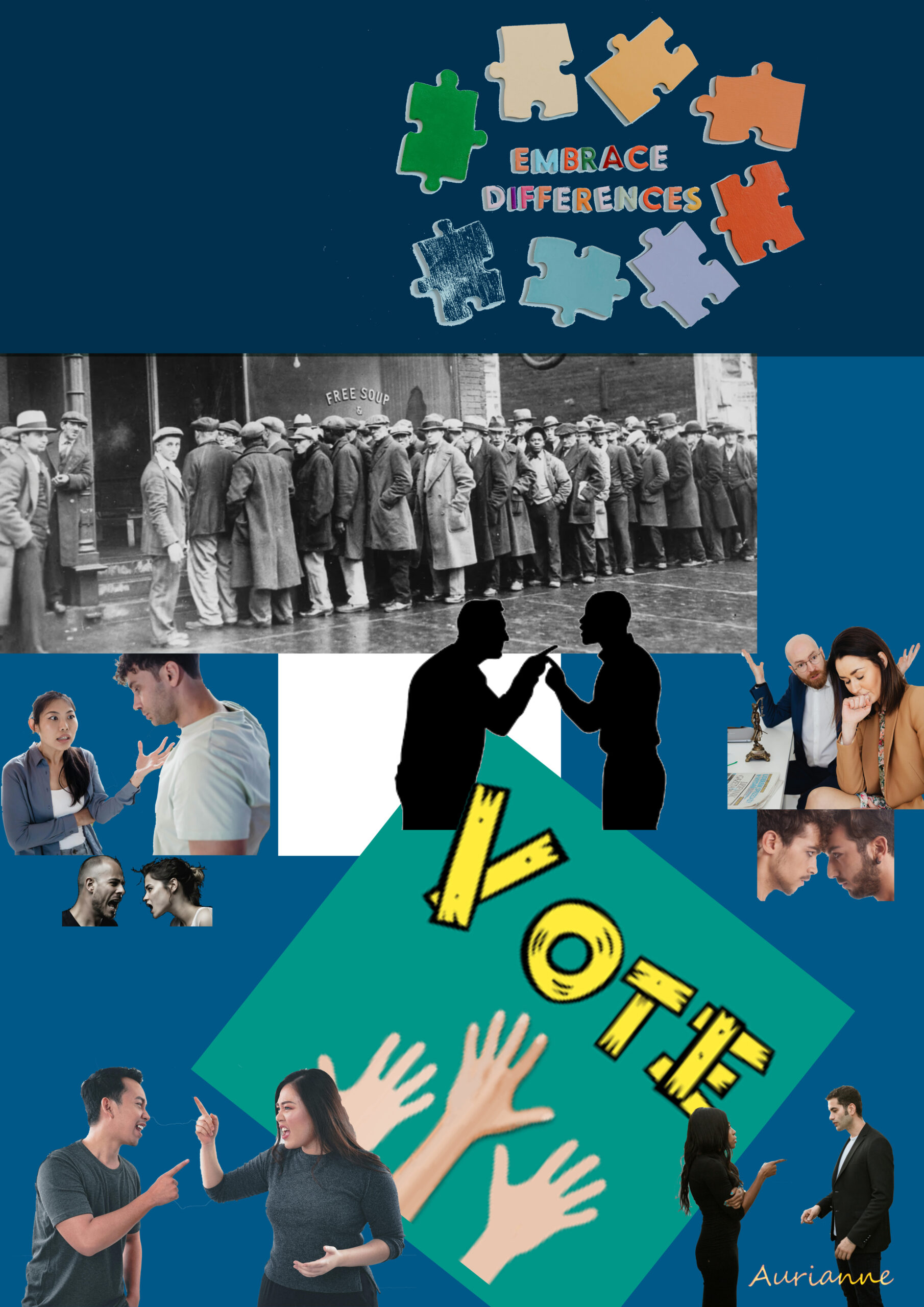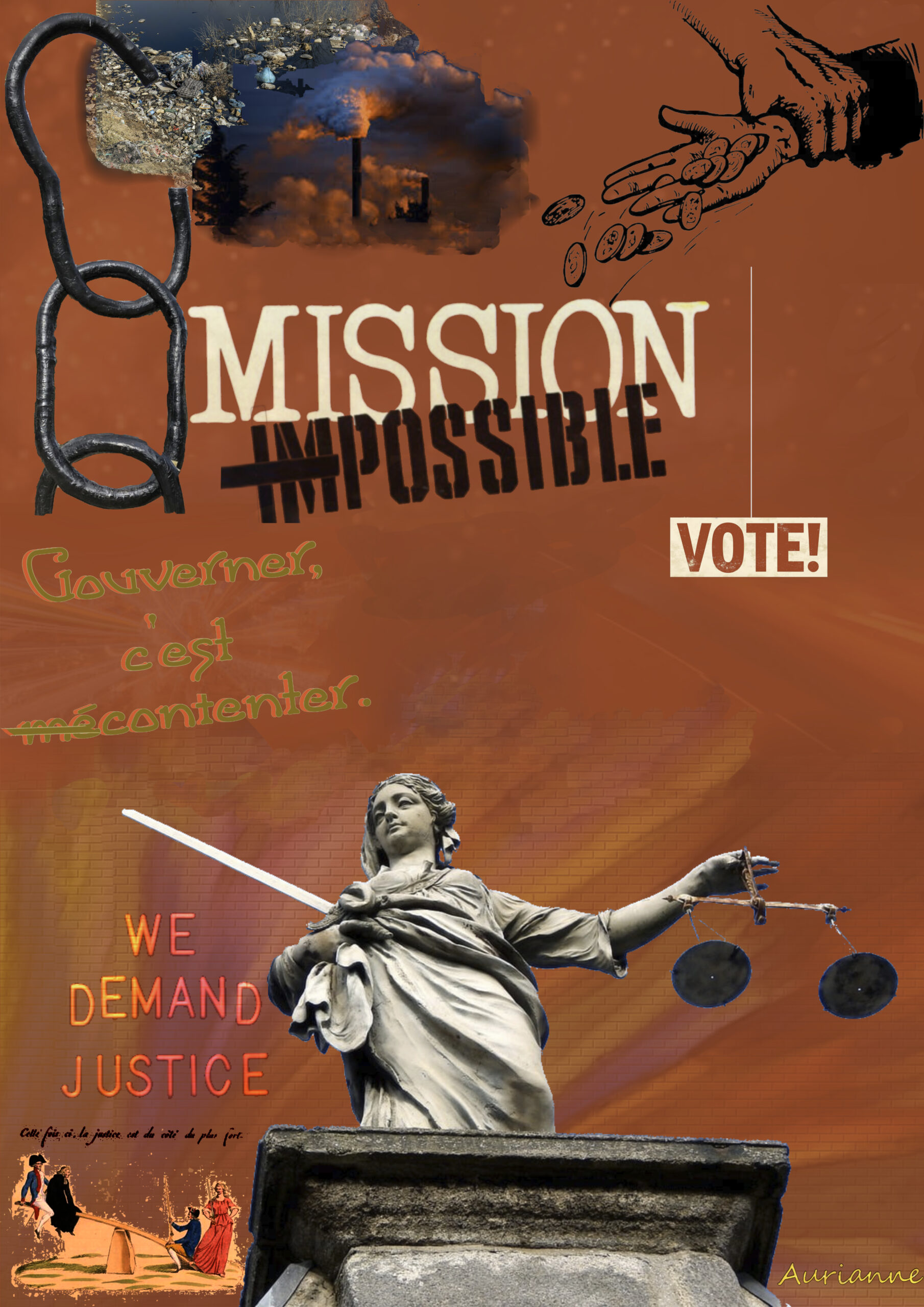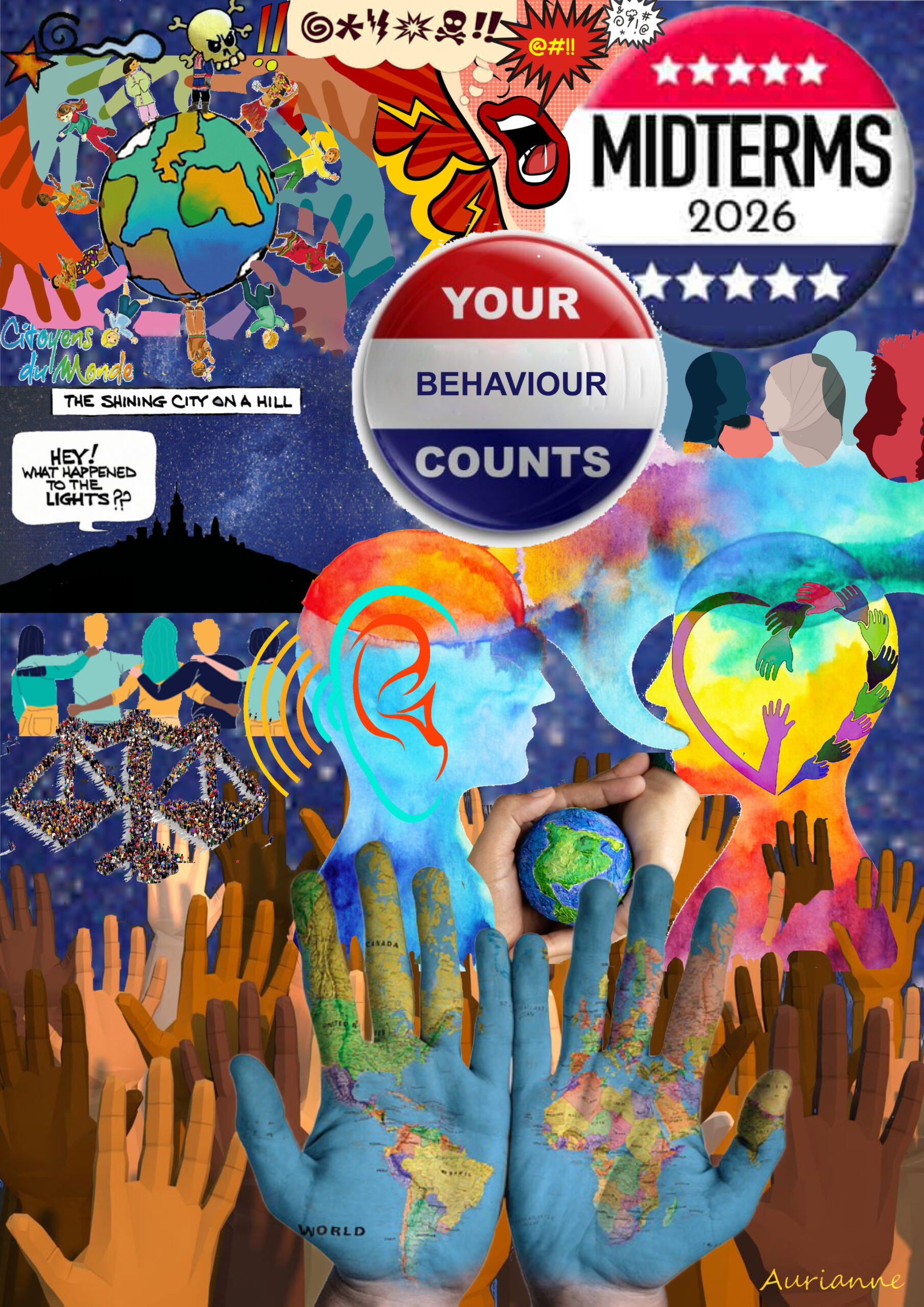-
Economic tension is turning us against each other

Struggling to make ends meet makes people less tolerant and less supportive of one another. Inequalities in wealth and lifestyle cause people to blame each other. When there is enough for everyone, people share without any problems. When there is unemployment and insufficient wages, people resent each other. Civil servants against private sector employees, whites…
-
Financialization, deregulation and securitization transactions

Before the 1980s, banks couldn’t use people’s deposits as collateral for investments. Banks were not allowed to use their customers’ deposits to invest them. Up until the early 1980s, when you owned a share in a company, a building or a field and wanted to buy or sell other shares, the state levied transfer duties.…
-
Das moderne rote Tuch

nn sich die Menschen organisieren, um ihre Bedingungen zu verbessern, gibt es Ergebnisse. Sie brauchen keine Vertreter, die für sie und an ihrer Stelle sprechen. Wenn Gewerkschafter auf Kosten der Gewerkschaftsmitglieder leben, dann setzen sie sich nicht mehr für sie ein, sondern machen ihnen Angst, damit sie in der Gewerkschaft bleiben. Wenn die Beschäftigten schlechte…
-
Arizona, Nevada and California Dream

Californians are leaving California because housing is terribly expensive, and beggary and poverty are everywhere on the streets. Inequality is toxic: the state has the most billionaires and the most homeless people in the US. Tens of thousands of residents of Nevada and Arizona are seeing their housing prices soar as a result of the…
-
We’re all in it together

The Republicans, Richard Nixon with the opening up to China in the 1970s and Ronald Reagan with the relocation of manufacturing to Mexico in the 1980s, put quantities of products on the market at lower prices than before. This was presented as a gift to purchasing power. It gave people more disposable income. Landlords then…




